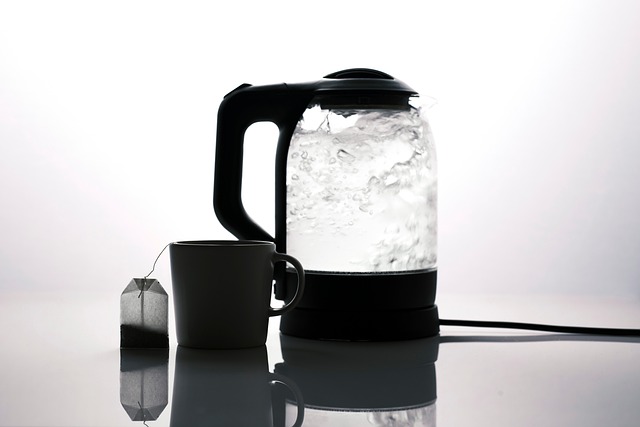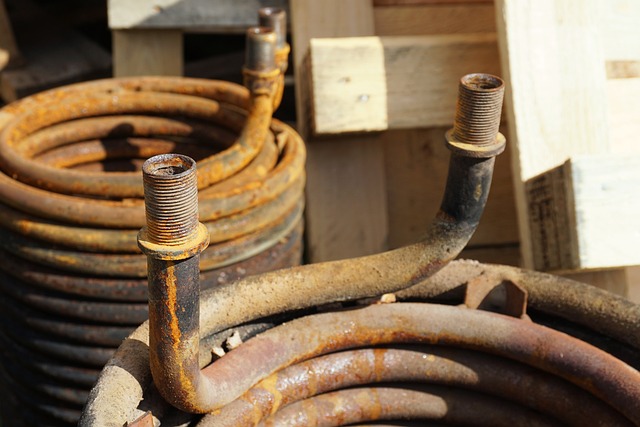Unusual noises and water leaks are red flags for immediate water heater attention. Regular maintenance detects issues early, prevents costly damage, and extends appliance lifespan. Involves cleaning, leak checks, heating element & thermostat inspection. Preventive measures avoid repairs, ensure reliable hot water, and consult professionals for specific guidance. Regular flushing and prompt leak attention prevent leaks due to sediment, corrosion, pressure fluctuations, or faulty PRVs. Professional inspections further extend the water heater's lifespan.
Are you tired of cold showers or dealing with a leaky water heater? It might be time to pay attention to this often-overlooked appliance. This article guides you through the warning signs that your water heater needs immediate attention, focusing on unusual noises and leaks, reduced hot water flow, age, rust, and efficiency. Learn how to identify potential issues and the importance of regular maintenance for optimal performance and safety.
- Unusual Noises and Leaks
- – Identifying the types of sounds that indicate problems
- – Common leak locations and their potential causes
Unusual Noises and Leaks

Unusual noises and leaks are telltale signs that your water heater needs immediate attention, highlighting the importance of regular water heater maintenance. Hissing or banging sounds could indicate a build-up of pressure inside the tank, often caused by sediment accumulation. This not only reduces the heater’s efficiency but can also lead to costly damage if left unchecked. Similarly, leaks at the base or around connections suggest potential issues with gaskets or valves, requiring prompt repair to prevent water wastage and structural harm.
Regular maintenance plays a crucial role in identifying these problems early on. By scheduling routine check-ups, you can ensure that your water heater operates smoothly, providing hot water when you need it without the risk of unexpected failures. Addressing unusual noises and leaks promptly is essential for maintaining optimal performance and extending the lifespan of this vital appliance.
– Identifying the types of sounds that indicate problems

– Common leak locations and their potential causes

Water heaters, despite their seemingly endless reliability, can spring leaks due to a variety of reasons. Common leak locations include the bottom of the tank, where sediment buildup and corrosion can weaken the seal, and the connections between pipes and valves. These areas are particularly vulnerable as they endure constant pressure and temperature fluctuations. Another frequent source of leaks is the pressure relief valve (PRV), designed to release excess pressure but can fail over time, leading to persistent drips or gushers.
Proper water heater maintenance plays a crucial role in preventing these issues. Regular flushing helps clear mineral deposits and corrosion that can compromise the integrity of the tank and its connections. Staying vigilant for any signs of leaks, addressing them promptly, and scheduling professional inspections can significantly extend the lifespan of your water heater, ensuring consistent hot water without unexpected disruptions.
If you’ve noticed unusual noises or leaks from your water heater, it’s crucial to address these warning signs promptly. Regular water heater maintenance is essential for preventing costly repairs and ensuring consistent hot water supply. By understanding the potential issues based on sounds and leaks, you can take proactive measures to extend the life of your appliance. Don’t ignore these red flags—act now to keep your water heating running smoothly.
